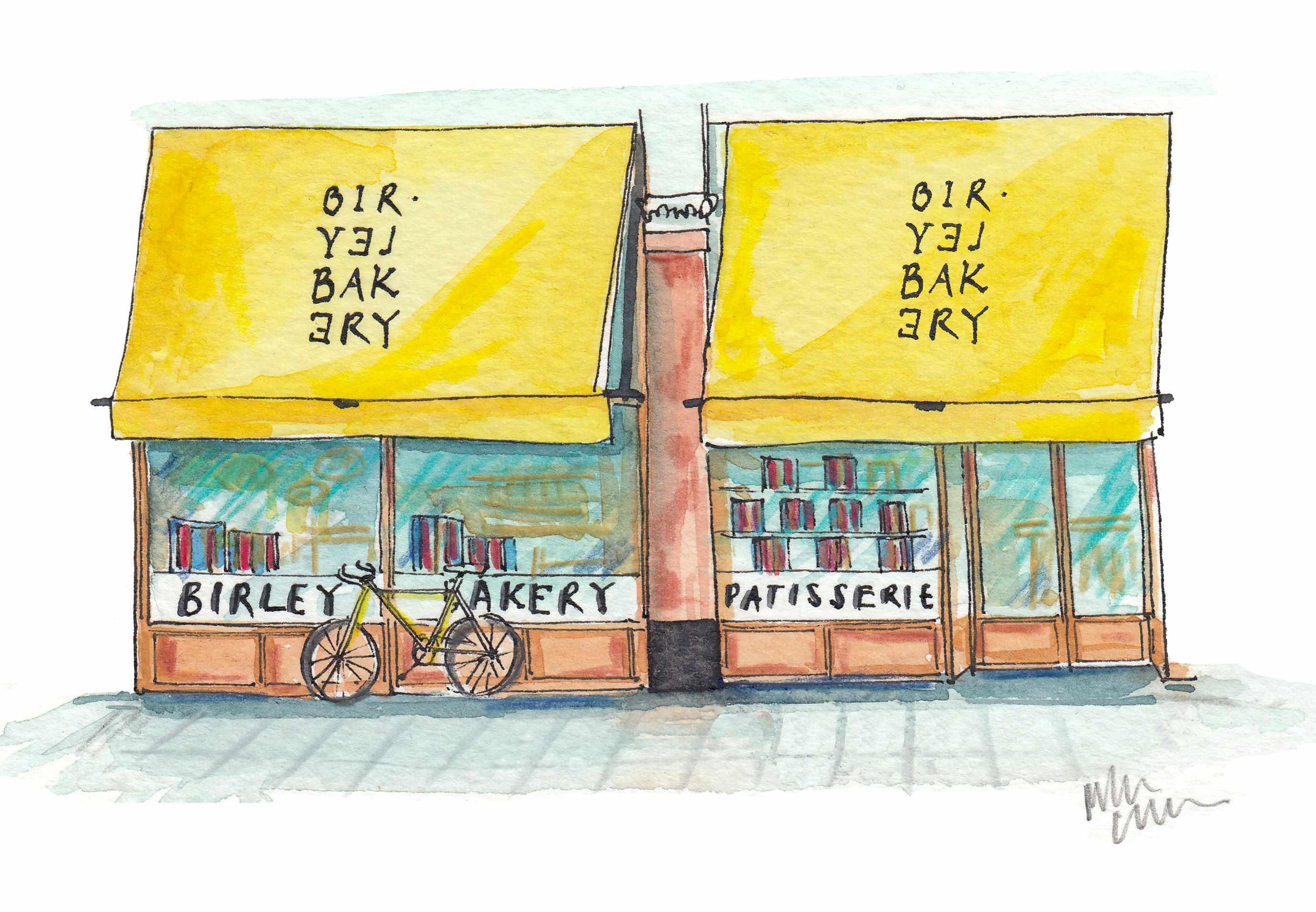History of Broad Beans
Broad beans seem quintessentially English because they have been with us for centuries.


Throughout Britain and most of the Mediterranean, these were the only beans known until the New World's bountiful cache of legumes was revealed to explorers and eastern voyagers. Even that French staple, cassoulet, was made with broad beans before the haricot crossed the Atlantic.
The broad bean was domesticated in the Near East in about 3000BC. As fava or faba it has been grown where ever man has made his settlements and if the growing conditions have been right. The Egyptians, the Romans and the Greeks all cultivated broad beans and, to this day, each year's new crop causes great excitement in rural communities. The sage Greek philosopher Pythagoras supposedly forbade the eating of broad beans because they contained the souls of the dead.
The young fava beans, eaten raw or cooked as soon after picking as possible, are the most delicious. It is worth noting, however, that some people of a Mediterranean background suffer favism, a serious anaemic condition that results from eating broad beans.
Sign up for the Country Life Newsletter
Exquisite houses, the beauty of Nature, and how to get the most from your life, straight to your inbox.
Country Life is unlike any other magazine: the only glossy weekly on the newsstand and the only magazine that has been guest-edited by HRH The King not once, but twice. It is a celebration of modern rural life and all its diverse joys and pleasures — that was first published in Queen Victoria's Diamond Jubilee year. Our eclectic mixture of witty and informative content — from the most up-to-date property news and commentary and a coveted glimpse inside some of the UK's best houses and gardens, to gardening, the arts and interior design, written by experts in their field — still cannot be found in print or online, anywhere else.
-
 'That’s the real recipe for creating emotion': Birley Bakery's Vincent Zanardi's consuming passions
'That’s the real recipe for creating emotion': Birley Bakery's Vincent Zanardi's consuming passionsVincent Zanardi reveals the present from his grandfather that he'd never sell and his most memorable meal.
By Rosie Paterson
-
 The Business Class product that spawned a generation of knock-offs: What it’s like to fly in Qatar Airways’ Qsuite cabin
The Business Class product that spawned a generation of knock-offs: What it’s like to fly in Qatar Airways’ Qsuite cabinQatar Airways’ Qsuite cabin has been setting the standard for Business Class travel since it was introduced in 2017.
By Rosie Paterson